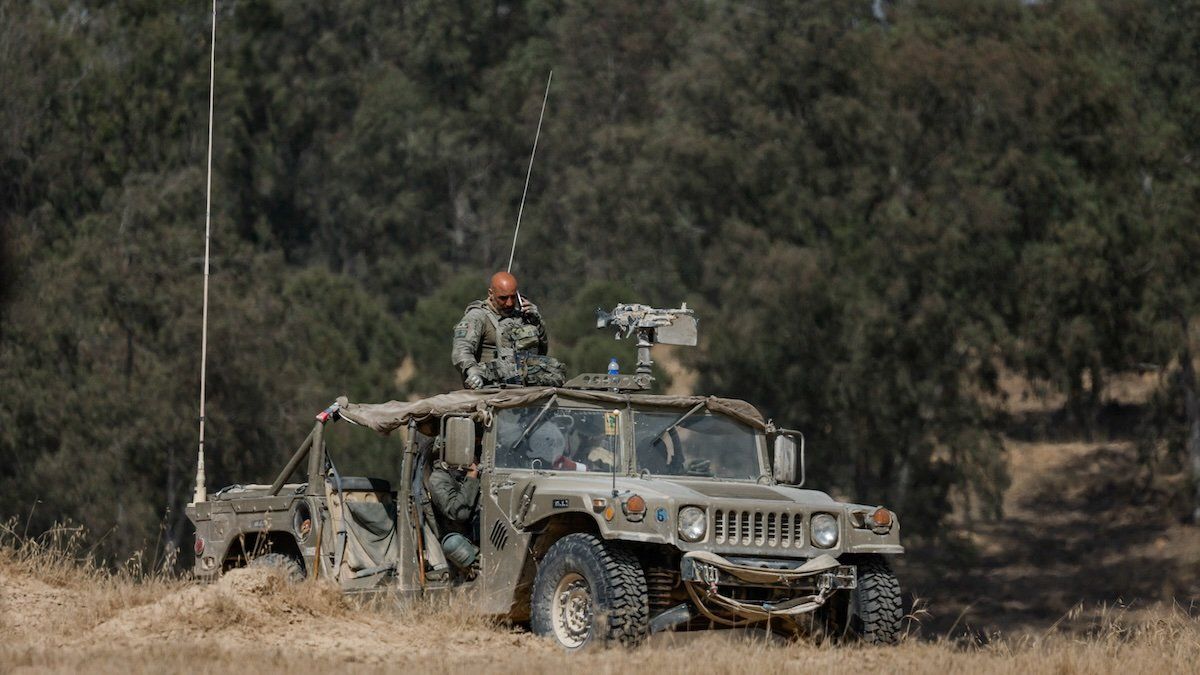Despite offering a watered-down hostage deal proposal to Hamas, Israeli Prime Minister Benjamin Netanyahu on Tuesday said an invasion of Rafah — the southern Gaza city where over a million Palestinians are sheltering — would move forward “with or without” a cease-fire.
Netanyahu's statement is likely meant to placate far-right members of his coalition government amid news of progress in truce negotiations. Hardliners want Israel to invade Rafah and have threatened to collapse the government if they don’t get their way.
US Secretary of State Antony Blinken is in the region for cease-fire talks, which come amid an ongoing push by the Biden administration for Saudi Arabia to normalize ties with Israel — a deal that would be a big diplomatic win for the White House during an election year. In exchange, Riyadh wants increased security cooperation with the US and help setting up a civilian nuclear program.
Still, Riyadh is unlikely to agree without commitments from Israel to work toward a pathway for Palestinian statehood, which Netanyahu opposes.
Where things stand. There are significant obstacles to a new cease-fire and Israeli-Saudi normalization. As Hamas mulls its response to Israel’s latest proposal, Blinken is set to meet with Bibi on Wednesday — and is expected to press him on increasing the flow of aid into Gaza.
